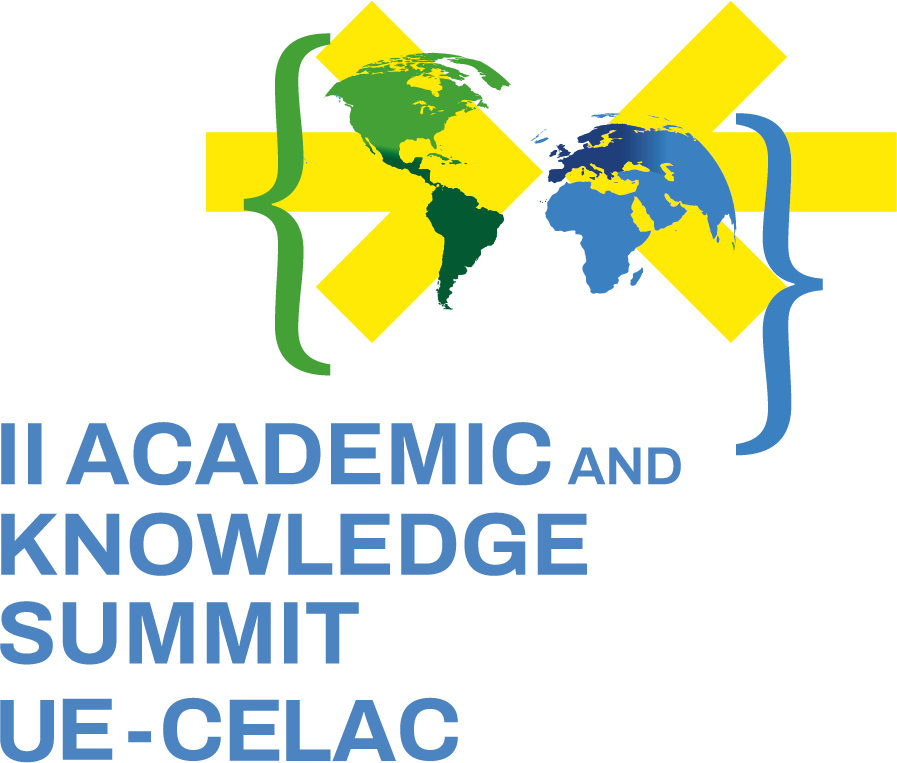PROVISIONAL AGENDA
Download provisional agenda
| THURSDAY, MAY 4 | |
| 09:00 – 09:45 | Opening ceremony |
| Institutional greetings | |
| 09:45 – 10:45 | Inaugural lecture |
| 10:45 – 11:00 | Official photo |
| 11:00 – 11:30 | Coffee Break |
| 11:30 – 13:00 | Round table: Why is the EU important for LAC and LAC for the EU? Latin America, the Caribbean and the European Union have built over time a bi-regional strategic partnership with the aim of fostering cooperation and tackling common problems through bi-regional and multilateral actions. In this respect, the fields of academia and knowledge, education, science, technology and innovation constitute a relevant part of the priorities and objectives of the bi-regional strategic partnership established by the Heads of State and Government since their first Summit, held in Rio de Janeiro in 1999. This round table aims to address the importance of bi-regional relations between the European Union, Latin America and the Caribbean in social, political, academic, scientific, economic and business domains. |
| 13:00 – 15:00 | Lunch |
| 15:00 – 16:30 |
Parallel sessions Room 1. Thematic axis 1. The digital transformation of higher education in the European Union, Latin America and the Caribbean. |
| 16:30 – 17:00 | Coffee Break |
| 17:00 – 18:30 |
Parallel sessions Thematic axis 1. The digital transformation of higher education in the European Union, Latin America and the Caribbean.
|
| 20:30 | Formal dinner Hostal de los Reyes Católicos |
| FRIDAY, MAY 5 | |
| 09:00 – 10:30 | Thematic axis 3. Academic cooperation: Building the Euro-Latin American and Caribbean Higher Education Space from the perspective of solidarity-based internationalization. Session 1: Current state, challenges and opportunities. |
| 10:30 – 11:00 | Coffee Break |
| 11:00 – 12:30 | Thematic axis 3: Academic cooperation: Building the Euro-Latin American and Caribbean Higher Education Space from the perspective of solidarity-based internationalization. Session 2: Action proposals. |
| 12:30 – 13:30 | Final conclussions |
| 13:30 – 13:45 | Adoption de the Declaration |
| 13:45 – 14:30 | Closing ceremony |
| 14:30 | Lunch |
|
THEMATIC AXES |
|
|
The programme of the Summit is structured around three thematic axes:
The objectives and main contents of each of these thematic axes around which the Summit revolves are described below. Thematic axis 1. The digital transformation of higher education: Current state, challenges and opportunities. Technological advances have brought about fundamental changes in society and in higher education over time. Digitalization meant a real challenge for academia in order to be able to respond to the emergency situation caused by the COVID-19 pandemic and has become key in the post-pandemic era. In this context, the three sessions of this thematic axis will address issues such as the experiences of digital transformation at universities, the digitalization of university teaching, quality assurance of virtual and hybrid teaching, equity in the context of digitalization, the importance of ‘learning by doing’, and digital training and competences, especially oriented to the generation of talent. Session 1. The current state of the digital transformation of higher education in the European Union, Latin America and the Caribbean. Challenges and opportunities. Thematic axis 2. Knowledge for development and sustainability: Science, technology and innovation. The 2030 Agenda, adopted by the UN General Assembly on 25 September 2015, places sustainability as a priority to achieve the 17 integrated and indivisible Sustainable Development Goals (SDGs), which cover the economic, social and environmental spheres. The Agenda requires a common, universal commitment, in the implementation of which universities play a fundamental role. The three sessions that make up this thematic axis will focus on the importance of science, technology and innovation as essential tools for achieving the SDGs. The Agenda requires a common, universal commitment, in the implementation of which universities play a fundamental role. The three sessions that make up this thematic axis will focus on the importance of science, technology and innovation as essential tools for achieving the SDGs. With health, environment and climate change as central thematic focuses, these sessions will discuss, among other issues, ways to improve cooperation in research and innovation, ways to collaborate in the training of research personnel, to consolidate and develop existing capacities and to share unique scientific and technological infrastructures, or to enable sustainable research, innovation and the sharing of knowledge, taking into account the contribution of ancestral and traditional knowledge. Session 1. The current state of the European, Latin American and Caribbean science, technology and innovation systems. Challenges and opportunities of bi-regional cooperation. Thematic axis 3. Academic cooperation: Building the Euro-Latin American and Caribbean Higher Education Space from the perspective of solidarity-based internationalization. The main objective of this third axis is to jointly analyze the necessary actions for the development of the Euro-Latin American and Caribbean Higher Education Space. The debate on the construction of this academic cooperation space will address, among others, issues related to the definition and renewal of training for the new needs of society, administrations and the productive sector, quality assurance and accreditation as the basis for academic cooperation, the training of researchers, the development of a mobility plan for doctoral studies and the recognition of studies, diplomas and degrees. Session 1. The current state of academic cooperation between the European Union – Latin America and the Caribbean. Challenges, opportunities and instruments for the development of academic cooperation. |
|
Organizing Committee
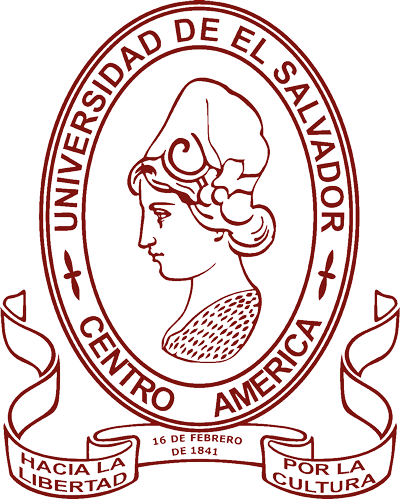
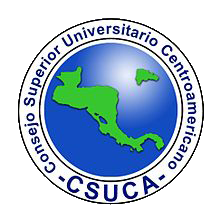
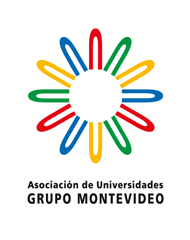
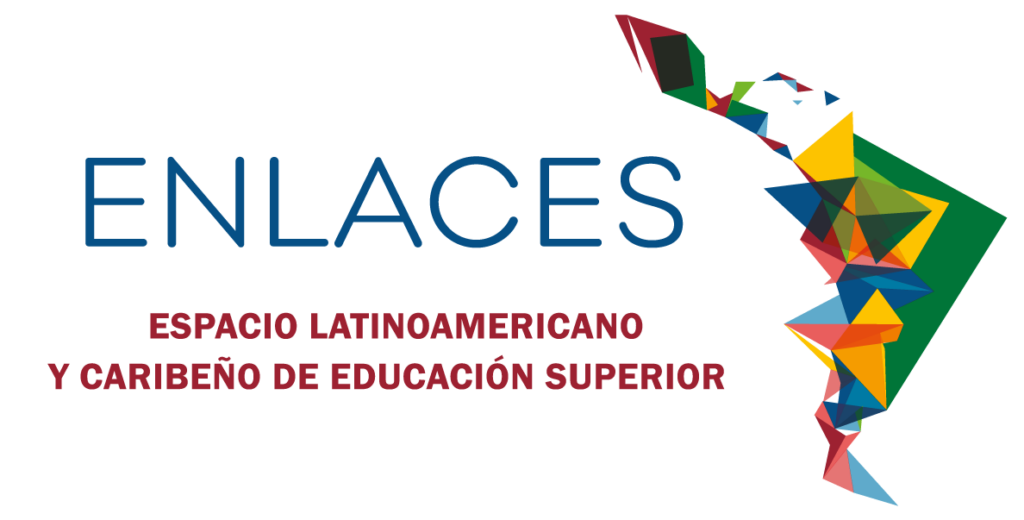
|
